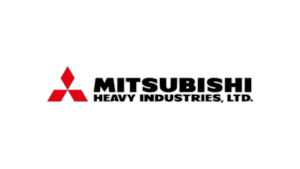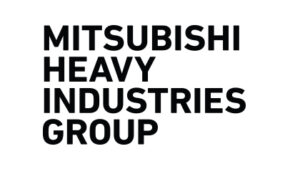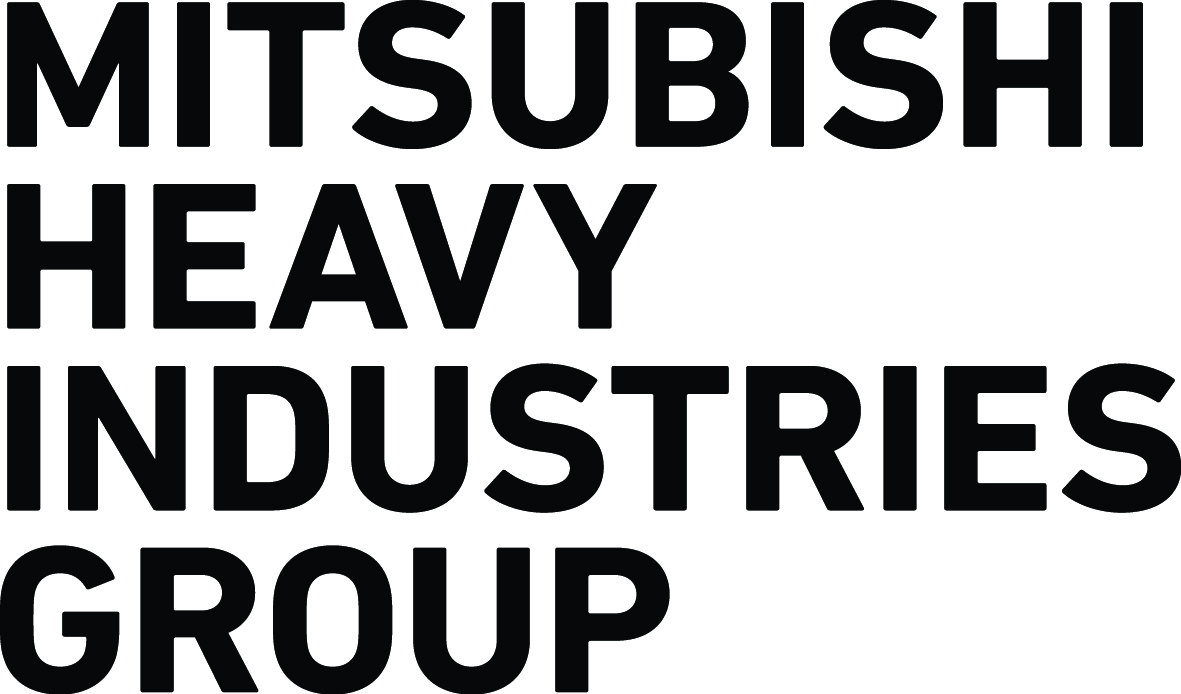MHI Concludes Positive Impact Finance Agreement
In 2020, MHI Group identified five material issues in response to the growing need to address the global challenge of climate change. This included providing energy solutions to enable a carbon-neutral world to contribute to solving societal issues and ensuring continued medium and long-term growth.
In the 2021 Medium-Term Business Plan, MHI Group specified Energy Transition as a growth area, aiming to achieve decarbonisation in the energy supply side, and Smart Infrastructure, supporting decarbonisation, energy efficiency, and labour savings in the energy demand side. By decarbonising both the generation and use of energy, MHI Group is contributing to achieving Net Zero carbon emissions by 2040 and realising a carbon-neutral world.
In concluding this agreement, SuMi TRUST Bank conducted a Positive Impact Evaluation. The following themes were selected from the MHI Group’s materiality issues and other topics as activities that contribute to achieving the UN SDGs (Sustainable Development Goals). For this evaluation, a second opinion has been obtained from the Japan Credit Rating Agency, Ltd. (Note2) on compliance concerning the Principles of Positive Impact Finance and the rationality of the evaluation indicators used. Please see below for an overview.
1. Contributing to the realisation of a Carbon-Neutral world
Impact: Reduction of GHG emissions
Target 1: Reduce CO2 emissions
- Target – Reduce total CO2 emissions from business activities (Scope 1 and 2) by 50% by 2030 (compared to 2014 levels), and achieve net zero by 2040
- KPI – Total CO2 emissions from business activities (Scope 1 and 2) (consolidated basis)
Target 2: Reduce CO2 emissions across the MHI Group’s entire value chain
- Target – Reduce CO2 emissions across the MHI Group’s entire value chain (Scope 3 + CCUS (Carbon dioxide Capture, Utilization and Storage) contribution for CO2 reduction) by 50% by 2030 (compared to 2019 levels), and achieve net zero by 2040
- KPI – CO2 emissions across the entire value chain (Scope 3 + CCUS contribution for CO2 reduction) (consolidated basis)
SDGs


2. Contributing to fully automated and labour-saving measures
Impact: Fully automated and labour-saving measures
Target 1: Reduce CO2 emissions
- Target – Reduce total CO2 emissions from business activities (Scope 1 and 2) by 50% by 2030 (compared to 2014 levels), and achieve net zero by 2040
- KPI – Total CO2 emissions from business activities (Scope 1 and 2) (consolidated basis)
Target 2: Reduce CO2 emissions across the MHI Group’s entire value chain
- Target – Reduce CO2 emissions across the MHI Group’s entire value chain (Scope 3 + CCUS (Carbon dioxide Capture, Utilization and Storage) contribution for CO2 reduction) by 50% by 2030 (compared to 2019 levels), and achieve net zero by 2040
- KPI – CO2 emissions across the entire value chain (Scope 3 + CCUS contribution for CO2 reduction) (consolidated basis)
SDGs


3. Promote Diversity
Impact: Project new value through participation of diverse human resources
Target: Project new value through participation of diverse human resources
- Targets – Increase the ratio of women on the Board of Directors to at least 30% by 2030 (non-consolidated basis) and double the ratio of women in management positions by 2030 (compared to FY2021) (consolidated basis)
- KPI – Ratio of women on the Board of Directors (non-consolidated basis) and ratio of women in management positions (consolidated basis)
SDGs


The results of these measures will be disclosed on the MHI Group website. The MHI Group aims to contribute to the sustainable enhancement of corporate value and the realisation of a sustainable society by leveraging comprehensive capabilities and strengths to enrich people’s lives.
Note 1
- Positive Impact Finance – Positive Impact Finance (PIF) is a loan intended to provide continuous support for corporate activities while comprehensively analyzing and evaluating the impacts (both positive and negative) that those activities have on the environment, society, and the economy, based on the Principles for Positive Impact Finance and implementation guidelines formulated by the United Nations Environment Programme Finance Initiative (UNEP FI). The key feature of PIF is the use as an evaluation indicator the degree of contribution to achieving the SDGs through corporate activities, products, and services, and monitoring based on disclosed information.
- United Nations Environment Programme Finance Initiative (UNEP FI) – The UNEP FI is a broad-based, close partnership between the UNEP and more than 200 global financial institutions. Established in 1992, UNEP FI coordinates with financial institutions, policy agencies, and regulatory bodies to facilitate a shift to financial systems that integrate economic development with environmental, social, and governance (ESG) considerations.
- United Nations Environment Programme (UNEP) – The UNEP is an auxiliary agency of the UN established in 1972 to implement the Human Environment Declaration and the International Environmental Action Programme.
- Principles for Positive Impact Finance – The Principles for Positive Impact Finance, formulated by the UNEP FI in January 2017, is a financial framework for achieving SDGs. Companies disclose their contributions to achieving SDGs as KPIs. Banks then assess the positive impact of those contributions and provide funding to enhance the beneficial impacts of that company, and to encourage reduction of negative impacts. Banks provide funds as responsible financial institutions, monitoring the KPIs to confirm that the impacts are ongoing.
Note 2
For more information about the Japan Credit Rating Agency, Ltd., visit https://www.jcr.co.jp/en/
Reference Links
- MHI Group Sustainability: https://www.mhi.com/sustainability
- MHI Group SUSTAINABILITY DATABOOK 2023 (FYE March 31, 2023): https://www.mhi.com/sustainability/library/pdf/sustainabilitydatabook2023.pdf
- MHI Group INTEGRATED REPORT 2023 (FYE March 31, 2023): https://www.mhi.com/finance/library/annual/pdf/report_2023.pdf





















